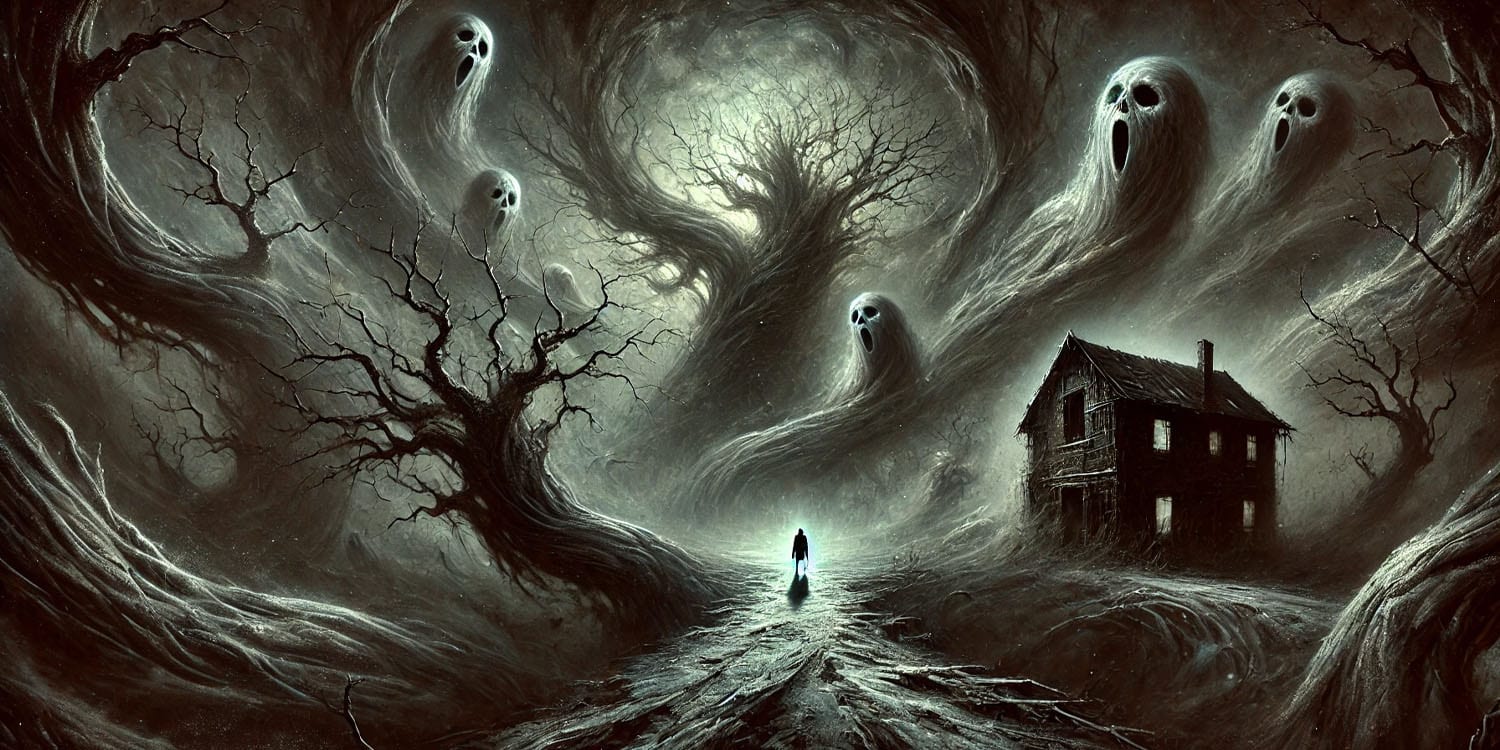The unsettling experience of nightmares is something many people have faced, but new research has found that loneliness might be a significant predictor of their frequency. A recent study published in The Journal of Psychology explored this connection, suggesting that our need for social bonds is deeply intertwined with our sleep quality.
“We have long studied the health benefits that accompany close, affectionate relationships, so that naturally sparks our interest in understanding how well-being suffers when people feel disconnected and lonely. A handful of studies had shown that loneliness increases the frequency and intensity of nightmares, so we wanted to dig deeper and explore why that occurs,” said study author Kory Floyd, a professor of communication and psychology at the University of Arizona and licensed mental health counselor.
The evolutionary theory of loneliness, proposed by John T. Cacioppo and Stephanie Cacioppo, posits that loneliness is an adaptive mechanism evolved to signal threats to our social bonds. This distressing state motivates us to reconnect with others, much like hunger prompts us to eat. Given the significant role of social connections in human survival, the theory suggests that unmet social needs would trigger aversive responses to encourage social reintegration. The researchers aimed to test if these aversive responses could include disturbed sleep.
“Cacioppo and Cacioppo’s evolutionary theory explains that loneliness leaves us feeling vulnerable in the world and hyperattentive to threat,” Floyd explained. “We used this reasoning, specifically, to identify the mechanisms of stress, hyperarousal, and rumination that we tested in these two studies.”
The research consisted of two studies. The first study utilized a secondary analysis of existing data from a sample of 827 U.S. adults, ranging in age from 18 to 81 years. Participants were recruited through an online platform and completed a series of questionnaires. The sample was matched to the U.S. adult population in terms of gender, age, and racial categories to ensure representativeness.
Loneliness was measured using the UCLA Loneliness Scale, which includes items like “How often do you feel that you lack companionship?” and “How often do you feel left out?” Nightmare frequency was assessed using the Nightmare Experience Scale. Additionally, stress was measured with the Perceived Stress Scale, capturing participants’ feelings of stress over the past month.
The second study involved 782 U.S. adults, recruited through similar online methods. This study expanded on the first by including measures for both the frequency and intensity of nightmares, as well as hyperarousal and rumination. Loneliness and nightmare frequency were measured using the same scales as in the first study. Nightmare intensity was assessed with the Nightmare Distress Questionnaire, which includes items like “Do nightmares interfere with the quality of your sleep?”
Hyperarousal was measured using the Hyperarousal Scale, which captures a person’s level of alertness and sensitivity to stimuli, while rumination was assessed with the Response Styles Theory Rumination Scale, focusing on repetitive negative thinking. The researchers used hierarchical multiple regression and path analysis to test multiple mediation effects simultaneously, examining how hyperarousal and rumination might mediate the relationship between loneliness and both the frequency and intensity of nightmares.
The findings from both studies were consistent and supported the researchers’ hypotheses. In the first study, loneliness was found to significantly predict the frequency of nightmares, even after controlling for age and gender. This result confirmed the initial hypothesis that loneliness is directly related to nightmare frequency. Moreover, the mediation analysis showed that stress partially mediated this relationship, indicating that the stress associated with loneliness contributes to an increase in nightmares.
The second study replicated these findings and extended them to include nightmare intensity. It demonstrated that loneliness also significantly predicted the intensity of nightmares. Furthermore, the path analysis revealed that hyperarousal and rumination were significant mediators of the relationship between loneliness and both the frequency and intensity of nightmares. This means that the heightened state of alertness and repetitive negative thinking associated with loneliness play crucial roles in exacerbating nightmare experiences.
Interestingly, when hyperarousal and rumination were considered, stress did not significantly mediate the relationship between loneliness and nightmares, suggesting that these factors might be more critical in understanding the impact of loneliness on sleep disturbances.
“Having close, meaningful relationships is so vital for humans that we suffer in multiple ways when that need goes unmet,” Floyd told PsyPost. “Feeling lonely can cause us to experience stress, worry, and hyperarousal that can affect even how frequent and intense our nightmares are.”
But, as with all research, there are some caveats to consider. “This research is cross-sectional, so it does not establish for certain that loneliness causes nightmare frequency and intensity,” Floyd noted. “We also studied only U.S. American adults, so it is unclear whether the findings would vary for children and/or non-U.S. Americans.”
Longitudinal studies are needed to confirm whether loneliness causes increased nightmares over time or if the relationship is bidirectional. Another important direction for future research is to explore the content of nightmares experienced by lonely individuals. Understanding whether certain themes are more prevalent in nightmares associated with loneliness could offer deeper insights into the emotional and psychological processes involved.
“One long-term goal is to test the efficacy of therapeutically based treatments to determine whether they improve not only loneliness itself but its comorbidities, including the experience of nightmares,” Floyd said.
The study, “Interpersonal Loneliness Predicts the Frequency and Intensity of Nightmares: An Examination of Theoretic Mechanisms,” was authored by Kory Floyd, Colin Hesse, Colter D. Ray, and Alan C. Mikkelson.




